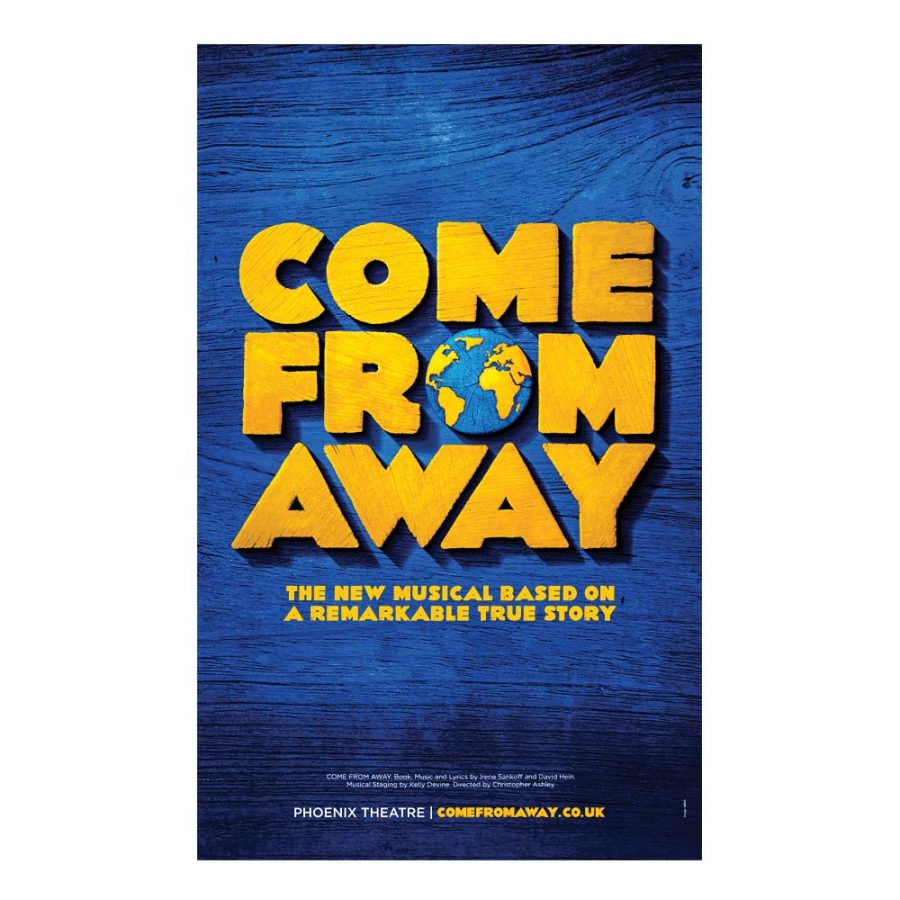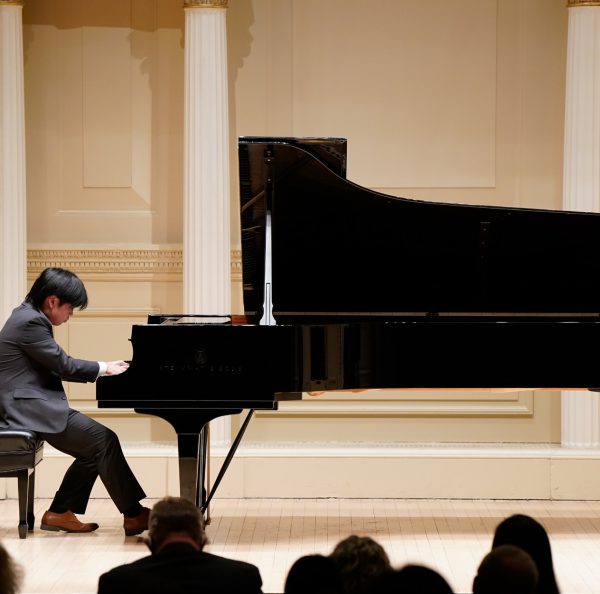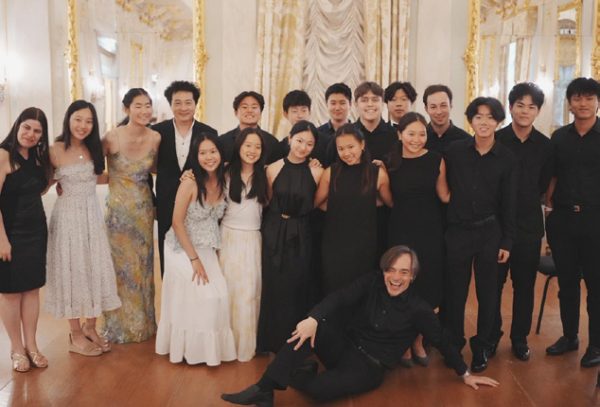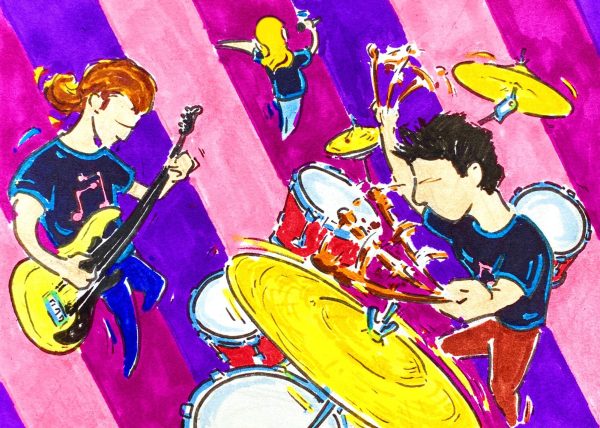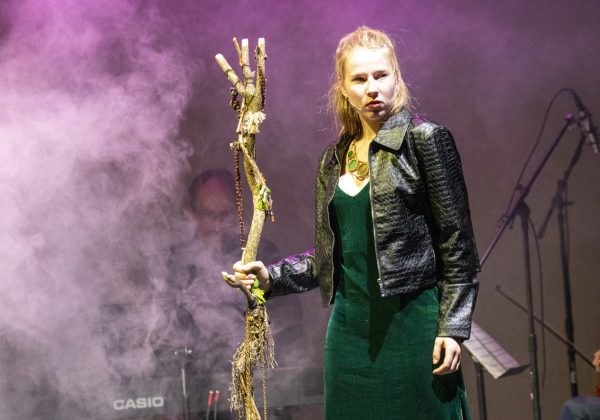The Arts Beyond Hotchkiss: Exhibition & Theatre Reviews
Come From Away, on Broadway
Based on a true story set in the remote town of Gander, Newfoundland, on September 12, 2001, the musical Come From Away sings the heartwarming and inspirational unity and kindness of mankind under crisis. As 38 planes are forced to land at what was once the biggest airport in the world, the people of Gander embrace the stranded come-from-aways with hospitality and compassion.
What are some things that stood out to you about this show?
I first watched the show in the Gerald Schoenfeld Theatre on Broadway in July. The message was so powerful that I could not help but revisit the theater a second time in August. For those who seek genuine laughter, joyful tears, or simply a thought-provoking story, Come From Away, as magazine Newsweek comments, “[will take] you to a place where you never want to leave.” The musical highlights the innate goodness in people. It mends your soul, no matter where you stand on the gender, social-economic, and political spectrums.
Aspiring directors and actors can learn meaningful lessons from the show’s incredible creativity. The production is renowned for its creative use of technology, set pieces, and musical instruments. Such brilliance can be seen in Director Christopher Ashley’s use of a rotating center stage, which brings something fresh to key scenes like “28 Hours” and “Costume Party.” The design allows the director to manipulate the audience’s sense of distance – whether the stage is as refreshing and free as the Canadian forest or as stuffy and cramped as the belly of a Boeing 777.
Every member of the cast takes on more than one role. What is remarkable to me is the simple yet elegant choices that the actors make to differentiate each of the characters. Besides the help of props and costumes such as glasses, jackets, hats, and fake beards, the actors must “wear” the characters instead of “becoming” them. They also need to constantly stay aware of their different relationship and status as different characters. Essentially, the actors are so familiar with their different roles that they can switch between multiple characters smoothly on stage.
What is your view on the differences between musical and classical theatre?
Some actors and directors in the classical or “conventional” realm of theatre hold, to some degree, unfounded prejudice against their singing and dancing counterparts. To me, musical theatre is equally, if not more, creative and complex in execution. Musicals tell compelling stories on stage, and that alone qualifies them as a serious form of theatrical production.
When we consider traditional and renowned plays, we think about influential playwrights such as Aristophanes, William Shakespeare, Anton Chekov, Henrik Ibsen, and Arthur Miller, who impress audiences with the richness of their language and the ever-changing relationship between their characters. On the other hand, musicals press a different set of buttons on the audience. They deliver quick, simple, instantaneous satisfaction and entertainment. Iconic shows that feature a particular type of music, including Hamilton, Chicago, and Oklahoma!, draw on the audience’s natural emotional response to music to amplify the effect of words.
Simply put, all roads lead to Rome – despite the apparent difference in their approach, both musicals and plays portray compelling stories in service of the audience. The theatrical community must understand and appreciate the values of each form of theatre, and more importantly, learn to incorporate elements from both sides in order to create innovative and remarkable performances.

